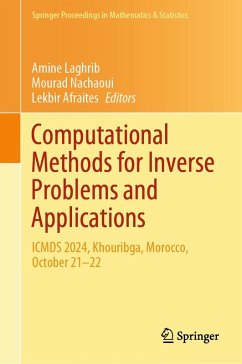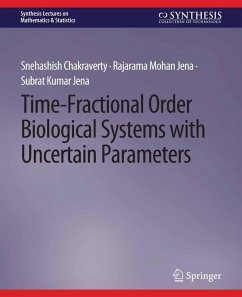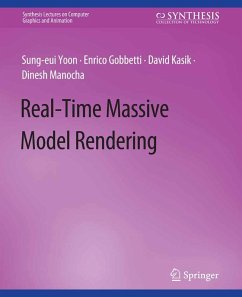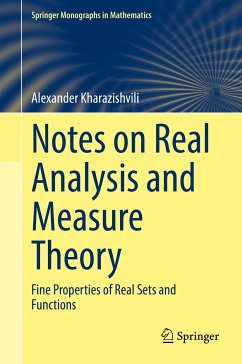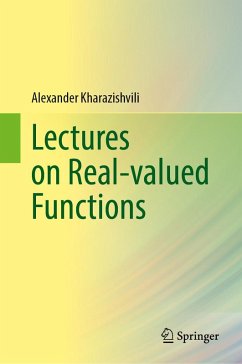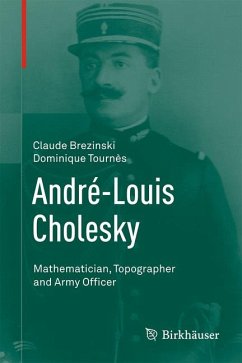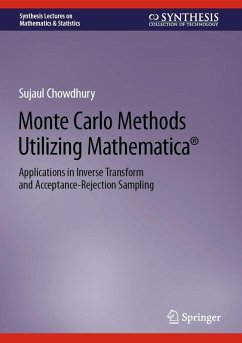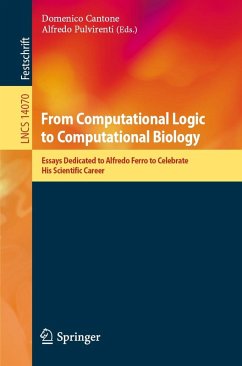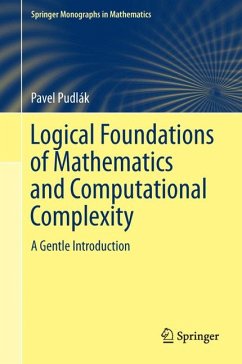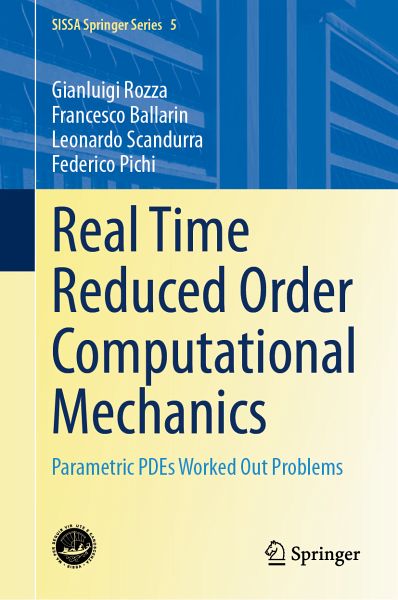
Real Time Reduced Order Computational Mechanics (eBook, PDF)
Parametric PDEs Worked Out Problems
Versandkostenfrei!
Sofort per Download lieferbar
88,95 €
inkl. MwSt.
Weitere Ausgaben:

PAYBACK Punkte
44 °P sammeln!
The book is made up by several worked out problems concerning the application of reduced order modeling to different parametric partial differential equations problems with an increasing degree of complexity.This work is based on some experience acquired during lectures and exercises in classes taught at SISSA Mathematics Area in the Doctoral Programme "Mathematical Analysis, Modelling and Applications", especially in computational mechanics classes, as well as regular courses previously taught at EPF Lausanne and during several summer and winter schools. The book is a companion for master and...
The book is made up by several worked out problems concerning the application of reduced order modeling to different parametric partial differential equations problems with an increasing degree of complexity.
This work is based on some experience acquired during lectures and exercises in classes taught at SISSA Mathematics Area in the Doctoral Programme "Mathematical Analysis, Modelling and Applications", especially in computational mechanics classes, as well as regular courses previously taught at EPF Lausanne and during several summer and winter schools. The book is a companion for master and doctoral degree classes by allowing to go more deeply inside some partial differential equations worked out problems, examples and even exercises, but it is also addressed for researchers who are newcomers in computational mechanics with reduced order modeling.
In order to discuss computational results for the worked out problems presented in this booklet, we will rely on the RBniCS Project. The RBniCS Project contains an implementation in FEniCS of the reduced order modeling techniques (such as certified reduced basis method and Proper Orthogonal Decomposition-Galerkin methods) for parametric problems that will be introduced in this booklet.
This work is based on some experience acquired during lectures and exercises in classes taught at SISSA Mathematics Area in the Doctoral Programme "Mathematical Analysis, Modelling and Applications", especially in computational mechanics classes, as well as regular courses previously taught at EPF Lausanne and during several summer and winter schools. The book is a companion for master and doctoral degree classes by allowing to go more deeply inside some partial differential equations worked out problems, examples and even exercises, but it is also addressed for researchers who are newcomers in computational mechanics with reduced order modeling.
In order to discuss computational results for the worked out problems presented in this booklet, we will rely on the RBniCS Project. The RBniCS Project contains an implementation in FEniCS of the reduced order modeling techniques (such as certified reduced basis method and Proper Orthogonal Decomposition-Galerkin methods) for parametric problems that will be introduced in this booklet.
Dieser Download kann aus rechtlichen Gründen nur mit Rechnungsadresse in A, B, BG, CY, CZ, D, DK, EW, E, FIN, F, GR, HR, H, IRL, I, LT, L, LR, M, NL, PL, P, R, S, SLO, SK ausgeliefert werden.



